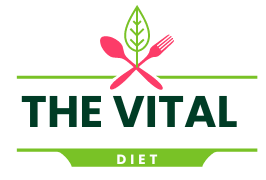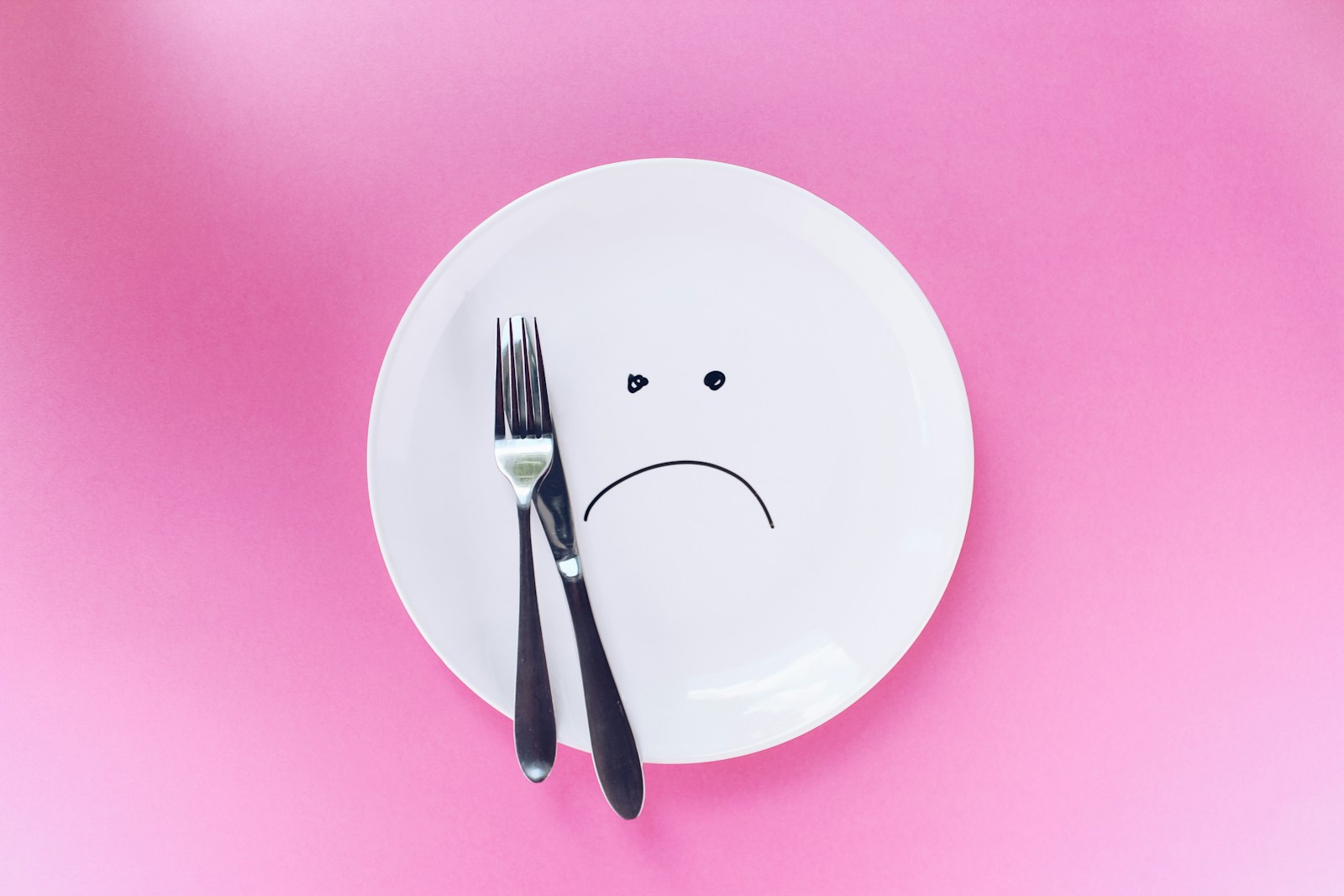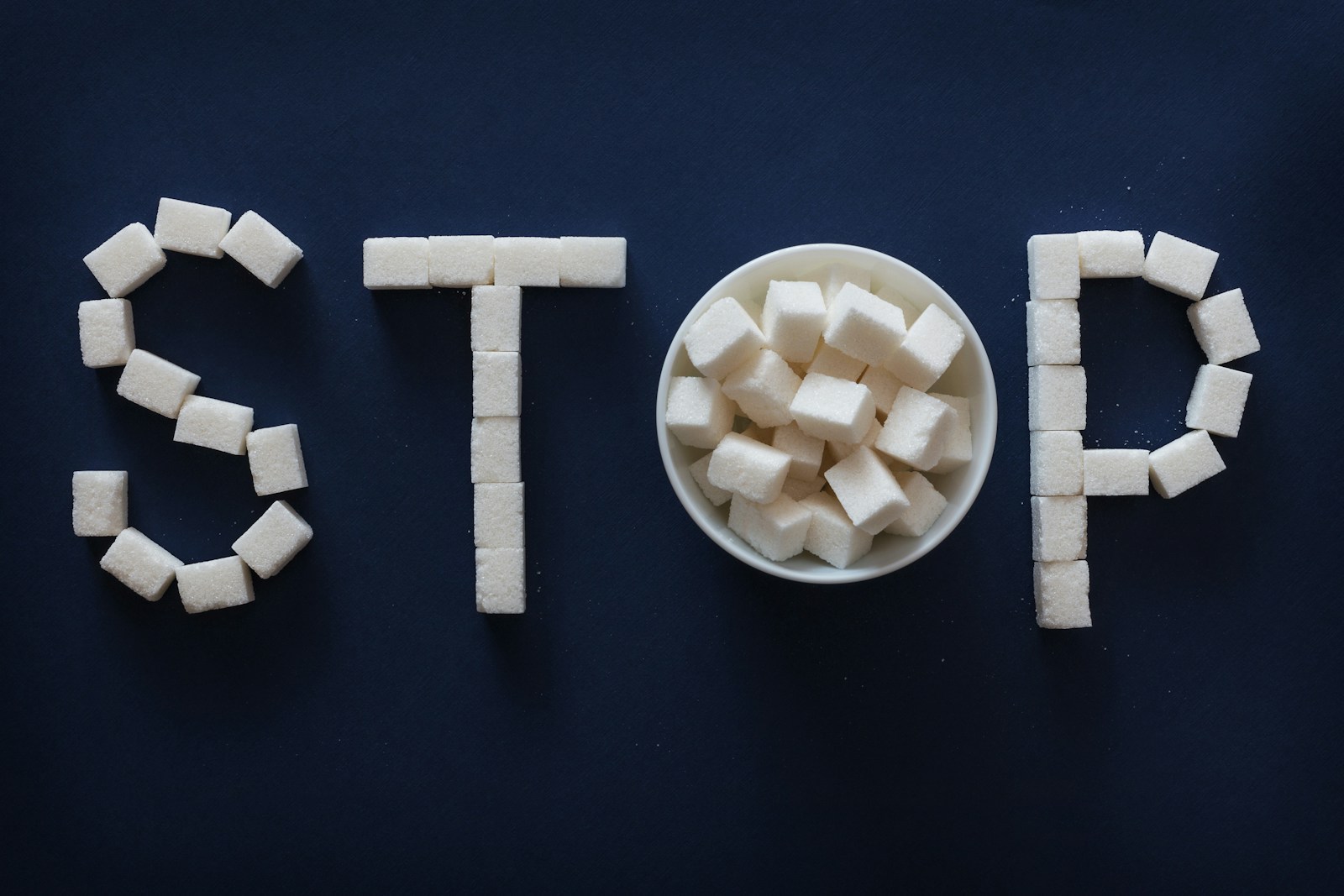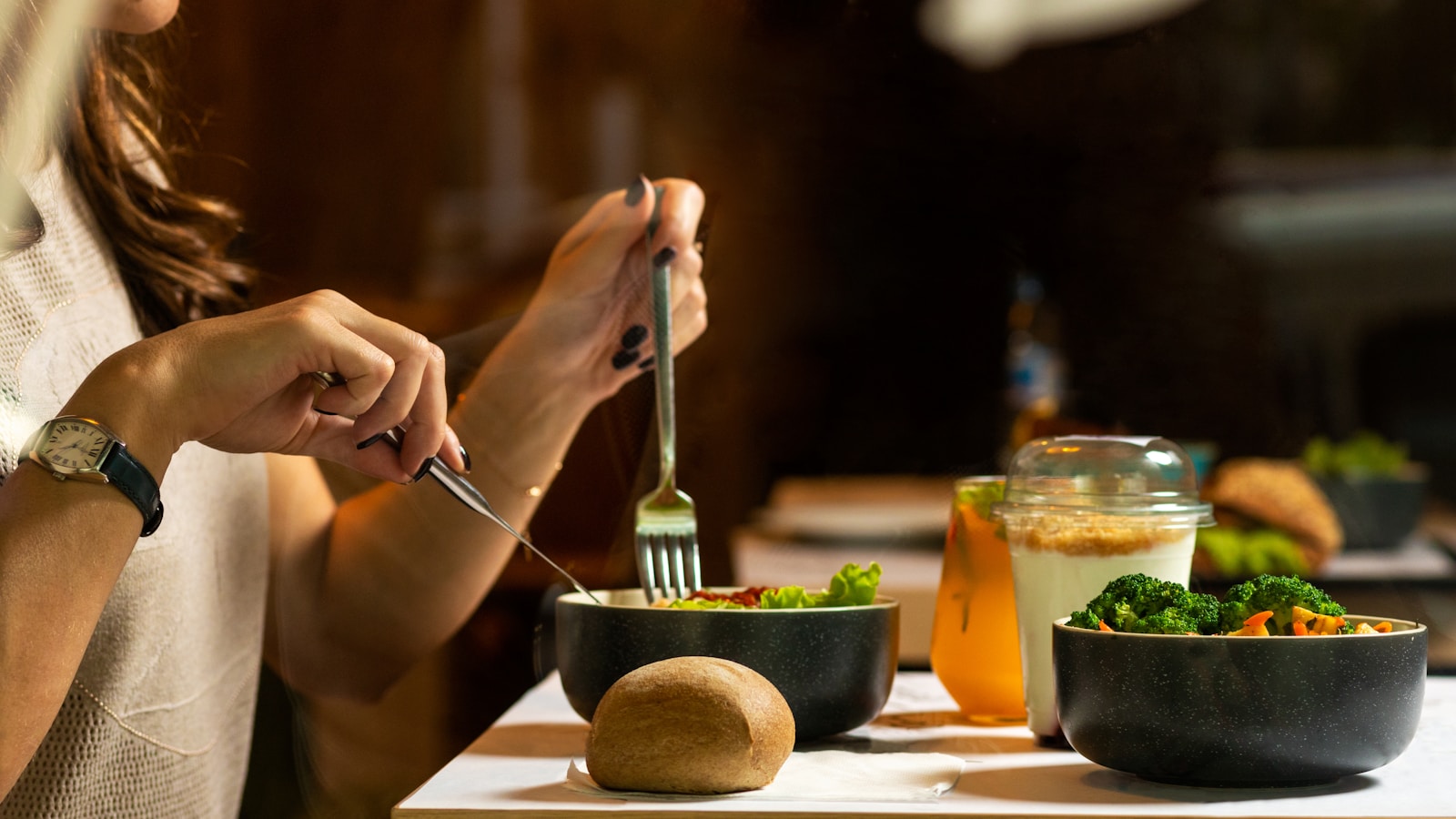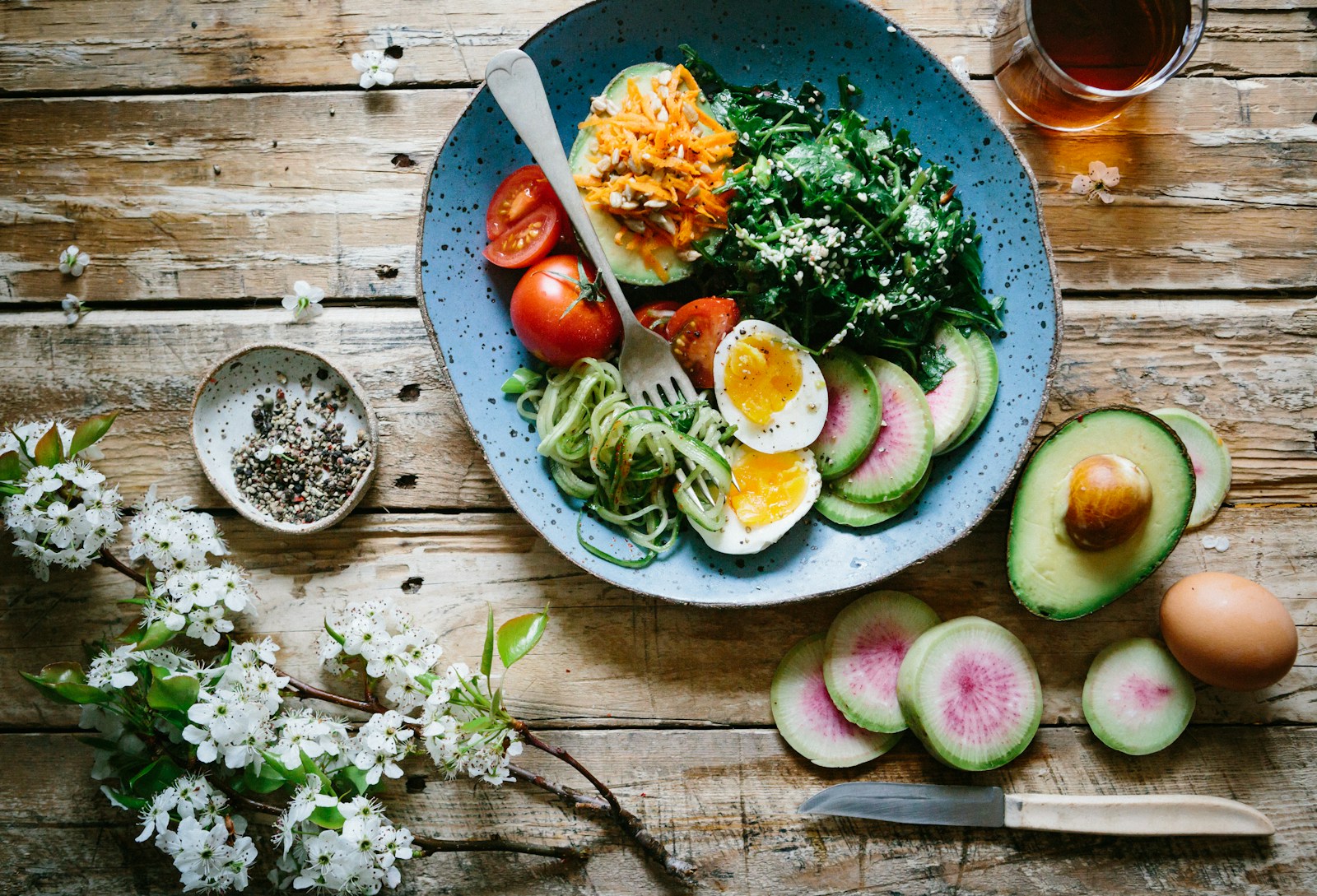
HCG, or human chorionic gonadotropin, is a hormone produced during pregnancy. However, it has found its way into the world of weight loss in a controversial diet plan known as the HCG diet. This diet involves the intake of HCG supplements or injections, coupled with a drastic reduction in calorie intake. Despite its popularity, it has been the subject of heated debate due to its potential health risks and legal implications.
Understanding the HCG Diet
The HCG Diet is a weight loss plan built around the concept of hormone manipulation to convert fat into energy. The program is divided into three phases: the loading phase, the weight loss phase, and the maintenance phase.
The Loading Phase
In the loading phase, individuals consume high-fat, high-calorie food for two days. The purpose is to prepare the body for the calorie restriction phase. During this phase, HCG hormone supplements or injections are also initiated.
The Weight Loss Phase
During the weight loss phase, individuals continue taking HCG supplements while limiting their calorie intake to 500 or 800 per day, divided over two meals. This phase can last from three to six weeks, depending on the person’s weight loss goals.
The Maintenance Phase
In the maintenance phase, the HCG hormone supplementation is gradually discontinued, and the calorie intake is slowly increased.
Permitted Food Items
The HCG diet encourages the intake of lean proteins, specific vegetables and fruits, and seasonings. Beverages like coffee, tea, and water are also permitted.
Lean Proteins
Lean proteins form the basis of the two daily meals in the HCG diet. Options include chicken, egg whites, white fish, crab, lobster, scallops, extra-lean beef, and bison.
Approved Vegetables and Fruits
Certain vegetables and fruits are allowed, including spinach, chard, beet greens, cabbage, lettuce, celery, cauliflower, broccoli, asparagus, tomatoes, onion, shallots, radishes, berries, citrus fruits, and apples.
Herbs and Spices
Herbs and spices are used for flavoring food, including garlic, lemon juice, salt, pepper, rosemary, or thyme.
Coffee, Tea, and Water
Unlimited amounts of coffee, tea, and water are allowed, with sweeteners like stevia or saccharine permitted.
Prohibited Food Items
The list of disallowed foods on the HCG diet is quite long. It includes dairy products, high-carb foods, fats and oils, sugary beverages, and alcohol, and sweets and desserts.
Pros and Cons of the HCG Diet
Pros of the HCG Diet
Rapid Weight Loss
The HCG diet claims to provide rapid weight loss. However, this loss is attributed to the severe calorie restriction, not the HCG hormone itself.
Easy to Follow
The HCG diet is easy to follow due to its clear structure and specific calorie targets.
Cons of the HCG Diet
Legal Issues with HCG Supplements
In the U.S., HCG injections and supplements are only legally prescribed for treating female infertility. Therefore, any HCG product sold for weight loss is illegal.
High Cost
The required hormonal injections are quite expensive, making the program costly.
Extreme Hunger
The severe calorie restrictions can lead to extreme hunger, headaches, brain fog, fatigue, and dizziness.
Potential for Disordered Eating
The extreme calorie restrictions can potentially lead to disordered eating patterns and nutrient deficiencies.
Is the HCG Diet a Healthy Choice?
The U.S. Department of Agriculture recommends a balanced diet with a variety of nutrient-dense foods for maintaining a healthy weight. The extreme calorie restrictions of the HCG diet do not align with these guidelines.
